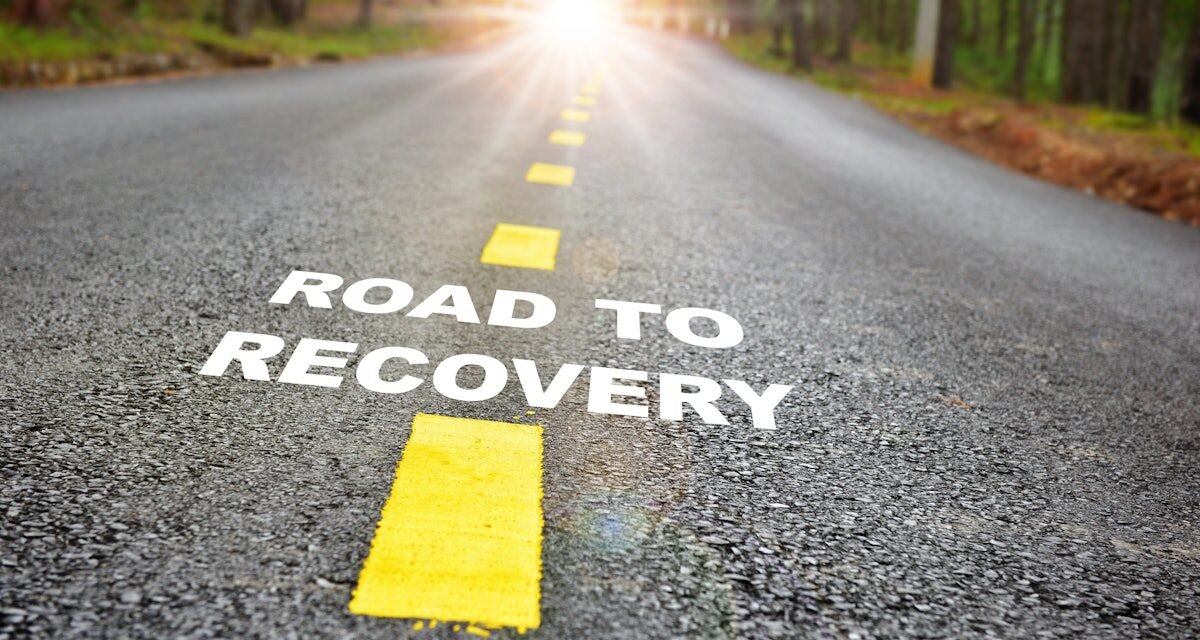Breaking the Silence on Habit in Development
Development staff account for 15% of office overdose fatalities within the U.S. — a staggering quantity that highlights the pressing want for consciousness and motion throughout Nationwide Restoration Month this September. Analysis reveals development staff are practically twice as seemingly as the overall workforce to battle with substance use issues. Roughly 15% of development staff face a substance use dysfunction, in comparison with 8.6% of adults nationwide.
The dangers lengthen past opioids: greater than 16% of development staff report heavy alcohol use in a single month, whereas over 11% report illicit drug use in the identical time-frame. Almost 12% battle with alcohol use dysfunction particularly, and greater than 14% have been identified with a substance use dysfunction up to now yr.
Psychological well being additionally performs a serious position. One in 5 development staff expertise nervousness, despair, or different psychological well being challenges. In a career that prizes toughness and endurance, stigma can stop staff from searching for the assistance they want.
A latest examine of unionized development staff discovered that job-related accidents typically function a gateway to dependency, significantly when ache administration depends closely on opioids. However as specialists stress, that path is preventable when staff obtain the fitting remedy, help, and sources.
To dig deeper into the problem, Dr. Nzinga Harrison, Chief Medical Officer at Eleanor Well being, a web-based rehab program for alcohol and drug dependancy, shared her perspective on why the development workforce is at heightened threat, and the way employers, unions and healthcare suppliers can reply with compassion and efficient methods.
 Dr. Nzinga HarrisonNzinga Harrison MD
Dr. Nzinga HarrisonNzinga Harrison MD
Q: Why are development staff disproportionately impacted by substance use and overdose in comparison with different industries?
Harrison: Development has one of many highest charges of office accidents, and opioids are sometimes prescribed for ache. Mix that with lengthy hours, job insecurity, and a tradition that prizes toughness, and the danger for substance use and overdose skyrockets. Briefly, when harm, ache, and a “powerful it out” tradition collide, the danger for dependancy goes up.
Q: The latest examine reveals job-related accidents can spark a path towards dependency. How does that course of typically unfold?
Harrison: It normally begins with a professional prescription after an harm. If ache lingers or the employee feels stress to get again on the job, reliance on opioids can last more than supposed and regularly result in dependence. It’s vital for individuals to know earlier than getting the primary opioid prescription that ache aid can quietly turn out to be a pathway to dependancy.
Q: Stigma stays a serious barrier to getting assist. What misconceptions have to be damaged down?
Harrison: Habit is usually considered as an ethical failing, when it’s truly a medical situation influenced by mind chemistry and atmosphere. Reframing it as a well being challenge helps exchange stigma with help within the office. Additionally, many individuals suppose there isn’t a hope for dependancy, when in actual fact, 75% of people that have skilled dependancy are in restoration. Habit isn’t a weak spot, it’s a well being situation — and other people recuperate on daily basis.
Q: What are some early pink flags supervisors, colleagues, and even staff themselves ought to look ahead to?
Harrison: Adjustments in attendance, declining efficiency, or security lapses might be early indicators. Colleagues may discover withdrawal, temper swings, or a drop in reliability. These must be alerts that somebody wants help, not punishment.
Q: From a prevention standpoint, what sensible steps can employers take?
Harrison: Stopping accidents is the primary line of protection. Past that, employers can present psychological well being sources, confidential help, and coaching for supervisors to acknowledge considerations early. Most significantly, staff have to really feel protected asking for assist.
Q: What office insurance policies or help packages are only?
Harrison: The simplest packages mix confidentiality, ease of entry, and actual pathways to care. Management has to actively champion these packages, and staff should belief they received’t face retaliation for utilizing them.
Q: How do psychological well being challenges intersect with substance use in development?
Harrison: As much as 80% of individuals with substance use issues even have one other psychological well being situation, mostly despair or nervousness. Stress, nervousness, and despair are frequent in development and may drive unhealthy coping. With out help, staff might self-medicate with substances, fueling a cycle of worsening well being.
Q: How can employers, unions, and healthcare suppliers scale back dependency dangers throughout restoration from an harm?
Harrison: Employers can prioritize safer return-to-work insurance policies and keep away from pressuring staff into fast fixes with opioids. Unions can push for robust security requirements and employee sources. Healthcare suppliers can prescribe responsibly and emphasize non-opioid remedies. When all three pull in the identical path, staff heal with out falling into dependancy.
Q: For a employee in restoration, what position can employers and coworkers play?
Harrison: Respect and inclusion are crucial. Employees thrive when handled like valued staff members, not liabilities. Flexibility for remedy and encouragement from colleagues make restoration sustainable. Have fun not simply these in restoration, but in addition those that search help.
Q: What offers you hope about altering the tradition round dependancy and restoration?
Harrison: I see extra leaders overtly acknowledging dependancy and pushing for options. The nationwide dialog is shifting from blame to compassion. Each open dialog chips away at stigma and saves lives.
Q: Is there the rest you’d prefer to share?
Harrison: Habit impacts each business, however development has a singular alternative to cleared the path in office security and restoration help. Taking motion now means more healthy staff, safer job websites, and stronger communities.
Sources for the Business
Business initiatives are serving to break down limitations and spark conversations. Development Security Week provides a Psychological Wellness Area Information designed to assist groups strengthen psychological well being consciousness and join staff to acceptable skilled help.
Further sources, together with nationwide remedy and restoration packages, can be found by means of the Substance Abuse and Psychological Well being Companies Administration (SAMHSA).
A Name to Motion
As the development business continues to face workforce challenges, addressing dependancy and psychological well being just isn’t solely an ethical accountability but in addition a security precedence. By changing stigma with compassion and making help accessible, employers, unions, and coworkers can save lives — and be certain that development stays a spot the place individuals can construct each careers and wholesome futures.





